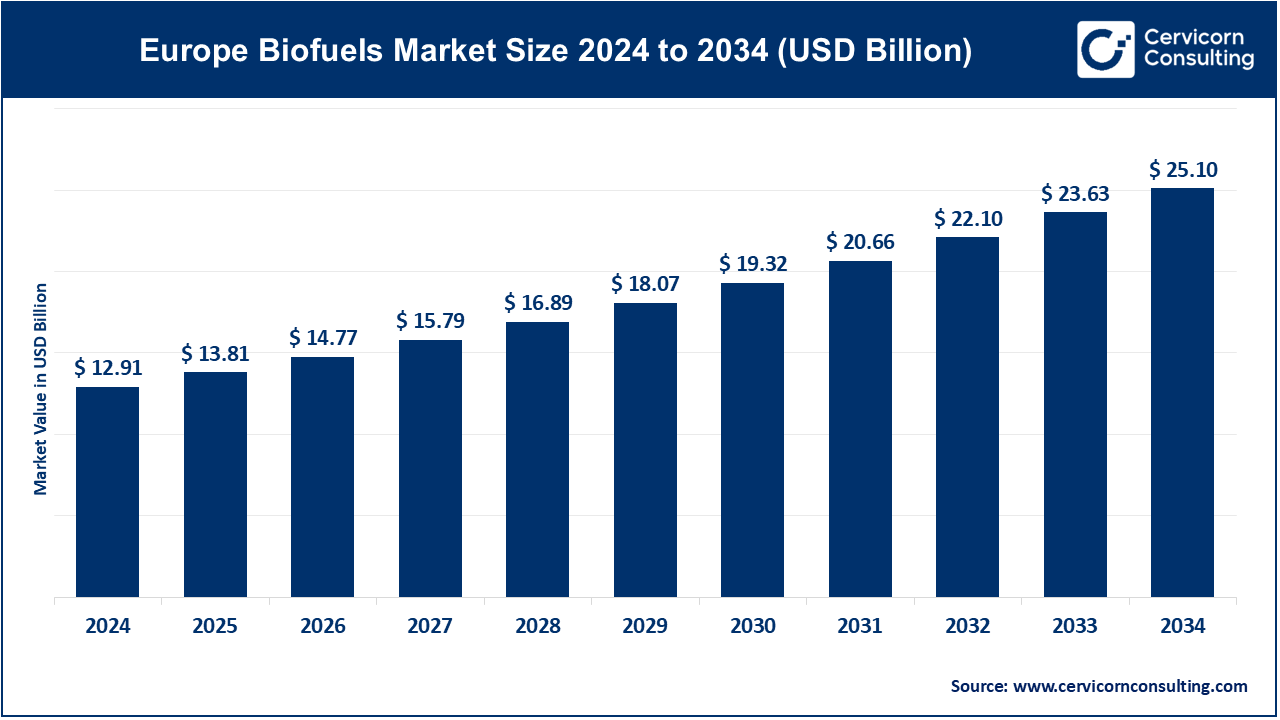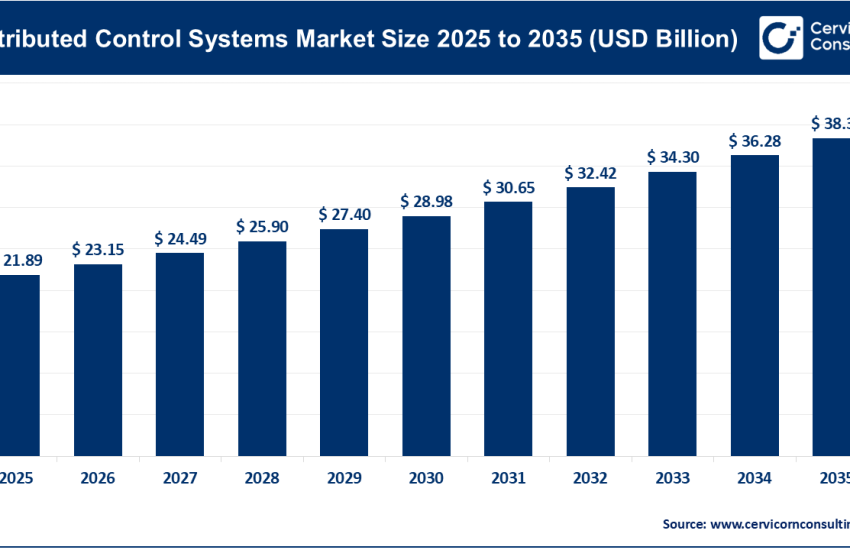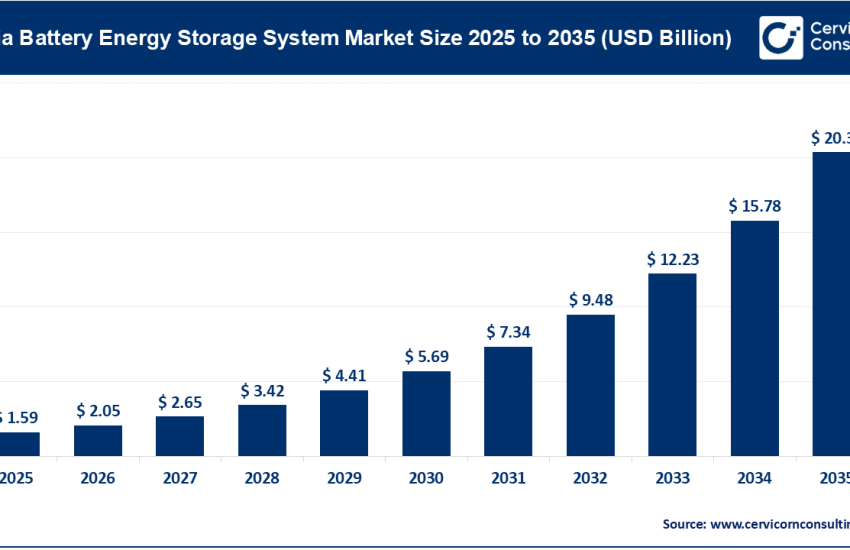Europe Biofuels Market Growth, Key Trends & Leading Players by 2034
Europe Biofuels Market Growth
The Europe biofuels market was worth USD 12.91 billion in 2024 and is anticipated to expand to around USD 25.10 billion by 2034, registering a compound annual growth rate (CAGR) of 6.9% from 2025 to 2034.
The Europe biofuels market is growing due to several key factors, including the European Union’s Renewable Energy Directive (RED II), which mandates a 14% share of renewable energy in transport by 2030, advancements in biofuel production technologies, increasing investments in research and development, and the rising adoption of biofuels in aviation and shipping sectors. Moreover, growing consumer awareness about sustainability and escalating crude oil prices further bolster market expansion.
What is the Europe Biofuels Market?
The Europe biofuels market revolves around the production, distribution, and utilization of biofuels derived from organic materials such as plant biomass, algae, or animal fats. Biofuels include biodiesel, bioethanol, and biogas, which serve as renewable alternatives to traditional fossil fuels in transportation, heating, and energy generation. This market plays a pivotal role in Europe’s energy transition, reflecting the region’s commitment to achieving sustainability goals.
Why is the Europe Biofuels Market Important?
The importance of the Europe biofuels market lies in its contribution to reducing greenhouse gas emissions, enhancing energy security, and supporting rural economies. By providing a sustainable alternative to fossil fuels, biofuels help mitigate climate change, align with the European Union’s ambitious renewable energy targets, and foster innovation in green technology. Additionally, the market generates employment in agriculture, manufacturing, and research sectors, strengthening economic resilience.
Get a Free Sample: https://www.cervicornconsulting.com/sample/2472
Europe Biofuels Market: Top Companies
Below is an overview of key players shaping the Europe biofuels market:
1. Archer Daniels Midland (ADM)
- Specialization: Agricultural processing and biofuel production
- Key Focus Areas: Biodiesel, bioethanol, and sustainable agricultural practices
- Notable Features: ADM emphasizes large-scale production, strategic partnerships, and innovation in enzyme technologies for efficient biofuel extraction.
- 2024 Revenue (Approx.): $101 billion
- Market Share (Approx.): 15%
2. BTG International Ltd
- Specialization: Biomass conversion and pyrolysis technology
- Key Focus Areas: Developing advanced biofuels and thermal conversion processes
- Notable Features: Known for its proprietary pyrolysis oil production technology, BTG supports decentralized biofuel production.
- 2024 Revenue (Approx.): $300 million
- Market Share (Approx.): 2%
3. Borregaard AS
- Specialization: Biochemical and biofuel solutions
- Key Focus Areas: Lignin-based biofuels and biochemicals
- Notable Features: A leader in sustainable production, Borregaard integrates renewable raw materials to produce biofuels and bio-based chemicals.
- 2024 Revenue (Approx.): $500 million
- Market Share (Approx.): 3%
4. CropEnergies AG
- Specialization: Bioethanol production and industrial applications
- Key Focus Areas: Renewable energy and biorefineries
- Notable Features: Europe’s largest producer of bioethanol, CropEnergies is renowned for its energy-efficient production facilities.
- 2024 Revenue (Approx.): €1.5 billion
- Market Share (Approx.): 10%
5. Chevron Corporation
- Specialization: Energy and fuel solutions, including biofuels
- Key Focus Areas: Renewable diesel and sustainable aviation fuel
- Notable Features: Chevron leverages its extensive distribution network to deliver renewable fuels to Europe.
- 2024 Revenue (Approx.): $246 billion
- Market Share (Approx.): 20%
Leading Trends and Their Impact
The Europe biofuels market is influenced by several trends that are reshaping the industry landscape:
1. Shift Towards Advanced Biofuels
Advanced biofuels, derived from non-food biomass and waste, are gaining traction. These fuels address concerns about food versus fuel competition and achieve higher emission reductions.
- Impact: Encourages innovation in feedstock processing and reduces environmental footprint.
2. Integration with Circular Economy Principles
The integration of biofuel production with circular economy practices ensures minimal waste and efficient resource utilization.
- Impact: Enhances economic viability and supports environmental sustainability.
3. Electrification and Hybridization Synergies
As electrification progresses, hybrid systems combining electric and biofuel technologies are emerging, especially in sectors like aviation and shipping.
- Impact: Expands the market’s scope and facilitates the transition to net-zero emissions.
4. Digitalization and Automation
The adoption of AI, IoT, and blockchain in biofuel production optimizes supply chains, improves transparency, and enhances operational efficiency.
- Impact: Reduces costs and ensures quality assurance in biofuel markets.
Successful Examples in the Europe Biofuels Market
Several success stories highlight the potential and achievements within the Europe biofuels market:
1. Neste’s Renewable Diesel Expansion
Neste has established a renewable diesel plant in the Netherlands, utilizing waste fats and oils as feedstock. The plant contributes significantly to decarbonizing transport.
2. Swedish Biofuels’ Sustainable Aviation Fuel (SAF)
Swedish Biofuels developed SAF technology that complies with stringent EU aviation standards. This innovation supports the aviation industry’s transition to cleaner energy.
3. Vivergo Fuels’ Bioethanol Plant in the UK
Vivergo Fuels operates one of Europe’s largest bioethanol plants, converting wheat into bioethanol and animal feed. This facility exemplifies efficient resource utilization and economic contribution.
Government Initiatives and Policies Shaping the Market
Government policies and initiatives are instrumental in fostering the growth of the Europe biofuels market. Some notable measures include:
1. European Union Renewable Energy Directive (RED II)
This directive mandates a 14% renewable energy share in transport by 2030, encouraging biofuel adoption and innovation.
2. Subsidies and Incentives
Many European countries provide financial support for biofuel producers through tax exemptions, subsidies, and grants. These incentives lower production costs and promote investment.
3. Sustainability Certification Standards
The EU enforces rigorous sustainability criteria for biofuel production to ensure compliance with environmental and social goals, such as reducing deforestation and preserving biodiversity.
4. National Action Plans
Countries like Germany, France, and Sweden have developed specific biofuel policies to meet EU targets. For example, Germany’s National Bioenergy Action Plan emphasizes advanced biofuels and feedstock diversification.
5. Public-Private Partnerships
Collaborations between governments and private entities foster innovation, infrastructure development, and market expansion for biofuels.
To Get Detailed Overview, Contact Us: https://www.cervicornconsulting.com/contact-us
Read Report: Perovskite Solar Cell Market Growth, Top Companies & Insights by 2033



